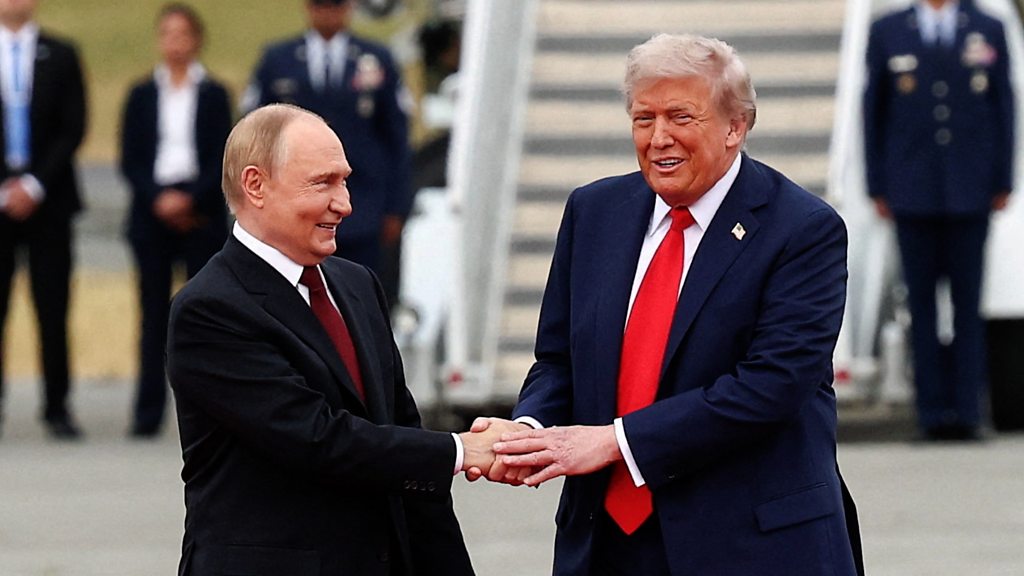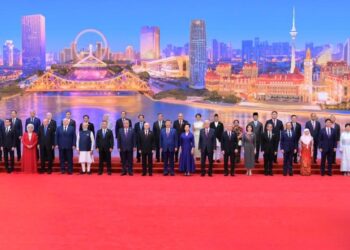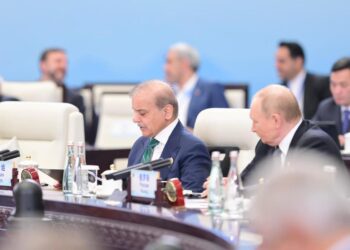Meeting sparking global concerns
that Ukraine’s fate may be decided
without its participation
Sarosh Mustafa

On August 15, 2025, the icy peaks of Anchorage, Alaska, will frame a meeting that could reshape global geopolitics. Donald J. Trump, back in the White House, is set to host Russian President Vladimir Putin at Joint Base Elmendorf–Richardson. The venue is historically symbolic—Alaska, once purchased from Russia in 1867, now becomes the stage for talks that could redefine borders in Europe.
Trump’s Realpolitik Approach
Trump enters the summit portraying himself as a dealmaker intent on ending the Ukraine war. His proposed ceasefire plan reportedly includes controversial “territorial adjustments” that could legitimize Russia’s military gains. Critics argue this risks sacrificing Ukraine’s sovereignty in exchange for short-term diplomatic optics.
Europe’s Unified but Uneasy Response
European leaders from Berlin, Paris, Rome, and Warsaw have warned that any agreement excluding Ukraine is unacceptable and invalid under international law. NATO Secretary General echoed the same, stressing that Europe’s security is directly tied to Ukraine’s future. Yet, despite strong words, Europe’s leverage over Trump remains limited.
Zelenskyy’s Strong Rejection
Ukrainian President Volodymyr Zelenskyy denounced the talks, declaring that “decisions without Ukraine are decisions against Ukraine.” With millions displaced and cities destroyed, Kyiv sees any territorial concessions as both illegitimate and unsustainable. Diplomatic sources suggest a follow-up trilateral summit in Europe may be proposed to give Ukraine a seat at the table.
Putin’s Strategic Patience
For Vladimir Putin, the Alaska summit is more than diplomacy—it is proof Russia remains a global power that the United States must engage directly. By framing the talks as recognition of Moscow’s standing, Putin can claim a political win even without major concessions, reinforcing his long-term strategy of attrition and waiting for Western resolve to weaken.
A Turning Point for Global Order
The Alaska summit could be remembered as either a breakthrough for peace or a precedent that rewards aggression. With Ukraine excluded, Europe on edge, and Washington signaling flexibility, the meeting has already shifted the balance of global debate. Its outcomes will echo far beyond Anchorage—reshaping not only Ukraine’s fate but the credibility of Western alliances in the 21st century.























